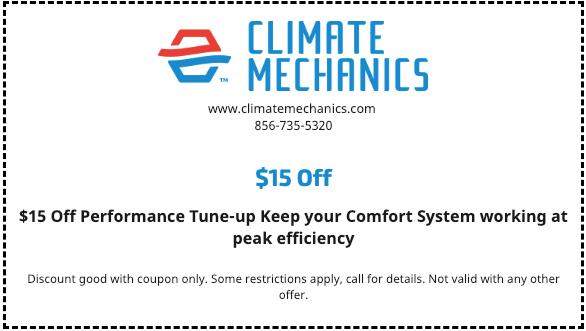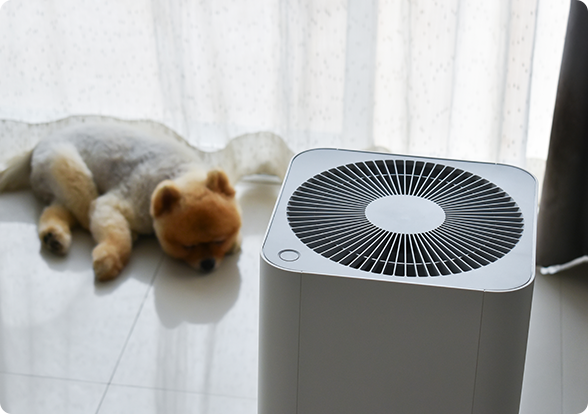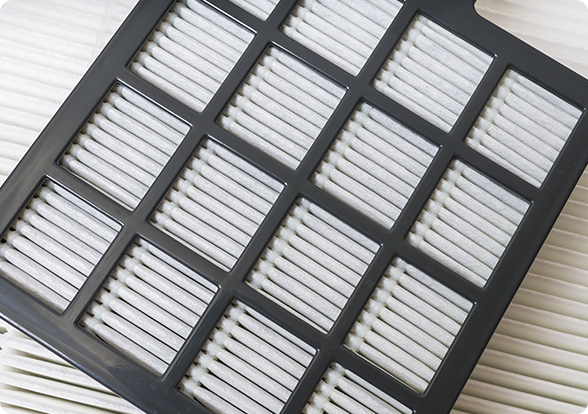Whether it’s a residential or commercial property, poor indoor air quality can affect the health, comfort, and productivity of those who live and work in those buildings. Afterall, we spend a lot of time indoors, and we don’t want to be constantly breathing air that’s potentially harmful to ourselves.
At Climate Mechanics, we are a big believer in investing into indoor air quality. Afterall, your indoor comfort is more than just climate control. In this post, we’re going to discuss the types of contaminants you can find in the air, and the reasons you should be concerned about the quality of air in your home or business. We’ll also provide some remedies to help you achieve better indoor air quality.
According to the EPA, indoor air pollution is among one of the tip five environmental risks to public health. In addition to causing coughing, eye irritation, and headaches, poor indoor air quality can also aggravate asthma and allergic reactions — especially with mold.
Here are some of the types of pollutants you may find in your home:
- Biological Pollutants: Viruses, bacteria, fungi, mold, animal danger, cockroach allergens are some of the common biological contaminants indoors. These are also some of the most common causes of allergy symptoms and may even lead to asthma episodes.
- Chemical Pollutants: Harmful volatile organic compounds are present in nearly every home or business and can be found everywhere. These are especially important to keep in mind if you’re dealing with manufacturing chemicals.
- Dust Or Dirt Particles: These are often produced inside a home or business, but they can also be tracked inside by people or brought in through HVAC systems.
Thankfully, there are ways your HVAC contractor can help you stay on top of maintaining good indoor air quality.
- Air filters: Staying on top of changing your filters regularly goes a long way in reducing pollutants.
- Air purifiers: Electronic purifiers that utilize UV lights or ionizers can help eliminate smaller particles that regular filters can’t catch.
- Humidifiers and dehumidifiers: Indoor humidity requires a perfect balance. Both extremely high and extremely low humidity can be harmful to your health and materials in your home or office.
- Heat and energy recovery ventilators: These systems do wonders for removing stale indoor air and bringing in fresh air from the outdoors. They also reduce the stress on your regular HVAC system.





